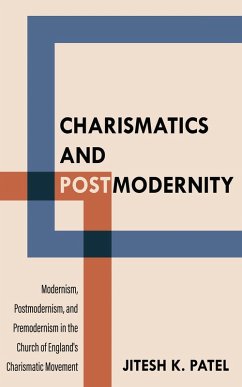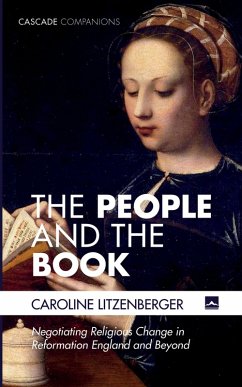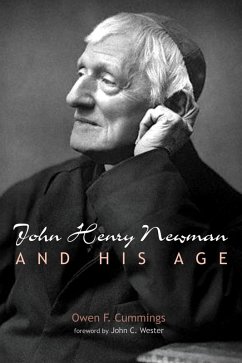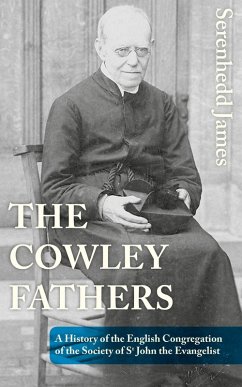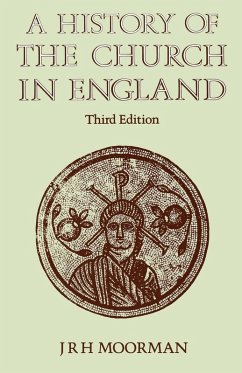
The Making of a Tory Evangelical (eBook, ePUB)
Lord Shaftesbury and the Evolving Character of Victorian Evangelicalism
Versandkostenfrei!
Sofort per Download lieferbar
29,95 €
inkl. MwSt.
Weitere Ausgaben:

PAYBACK Punkte
15 °P sammeln!
As one of Victorian Britain's pre-eminent social reformers, Lord Shaftesbury (1801-85) exerted a lasting impact surpassing all of his parliamentary contemporaries. Despite being born into one of England's aristocratic families, a combination of early childhood deprivation, an earnest Evangelical faith, and an abiding sense of noblesse oblige made him a champion of the poor. His seminal contribution to the Victorian factory reform movement represented just one of his manifold legacies. This contextual study of the Seventh Earl of Shaftesbury probes the mind behind the man to evaluate the religi...
As one of Victorian Britain's pre-eminent social reformers, Lord Shaftesbury (1801-85) exerted a lasting impact surpassing all of his parliamentary contemporaries. Despite being born into one of England's aristocratic families, a combination of early childhood deprivation, an earnest Evangelical faith, and an abiding sense of noblesse oblige made him a champion of the poor. His seminal contribution to the Victorian factory reform movement represented just one of his manifold legacies. This contextual study of the Seventh Earl of Shaftesbury probes the mind behind the man to evaluate the religious and philosophical ideas, and their leading figures, that ignited his lifelong activism in the public sphere. This book reveals that far from representing a relic of the Victorian age, the Earl of Shaftesbury, whilst a conservative by predilection, was essentially a forward-looking and farsighted reformer. The principles that Shaftesbury espoused of industrial justice, class harmony, subsidiarity, volunteerism, selfless individualism, religious observance, strong families and private enterprise tempered by moderate state intervention are essentially those prized by liberal democracies today as the foundation for social cohesion, prosperity, and human flourishing.
Dieser Download kann aus rechtlichen Gründen nur mit Rechnungsadresse in A, D ausgeliefert werden.




